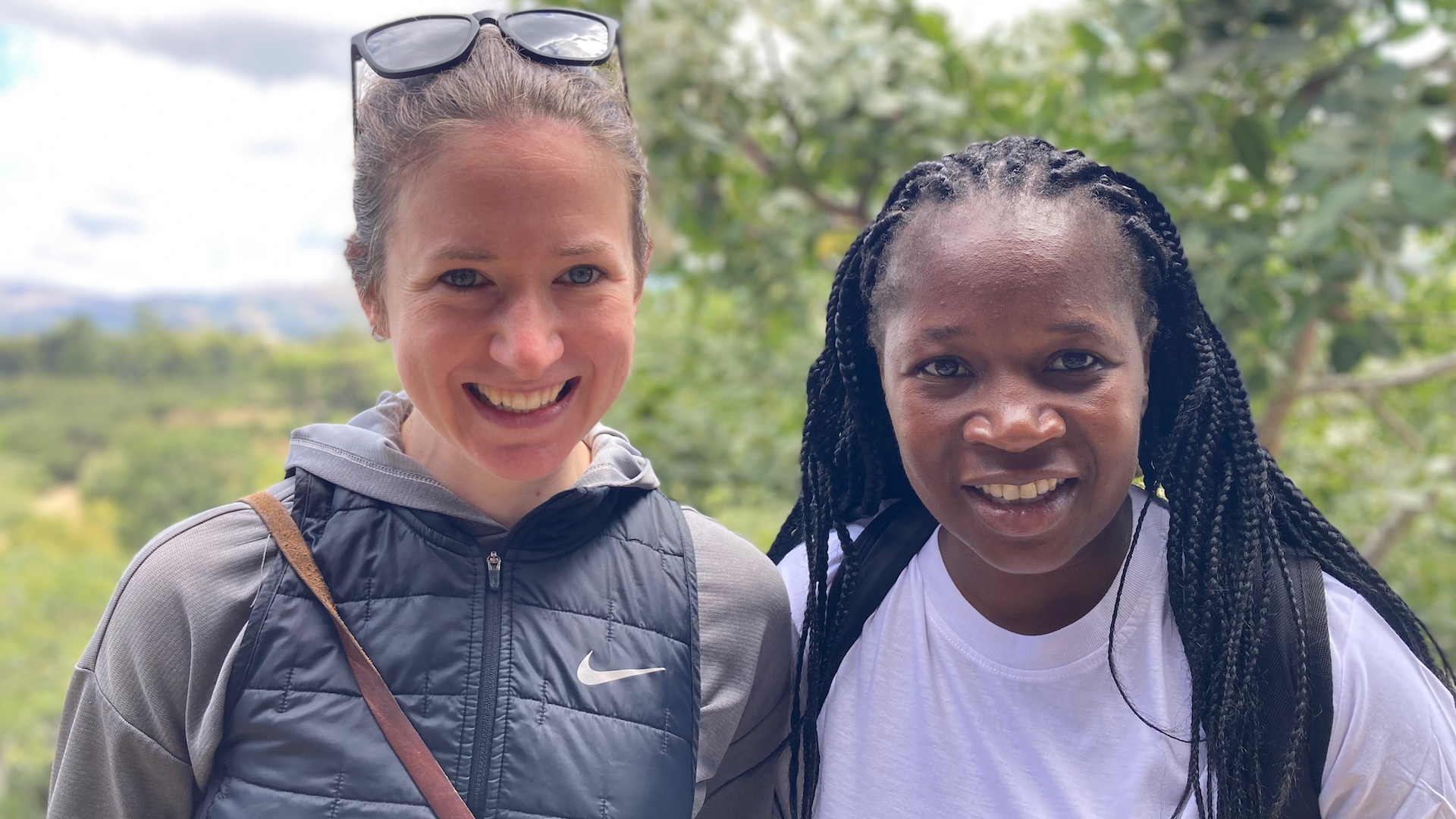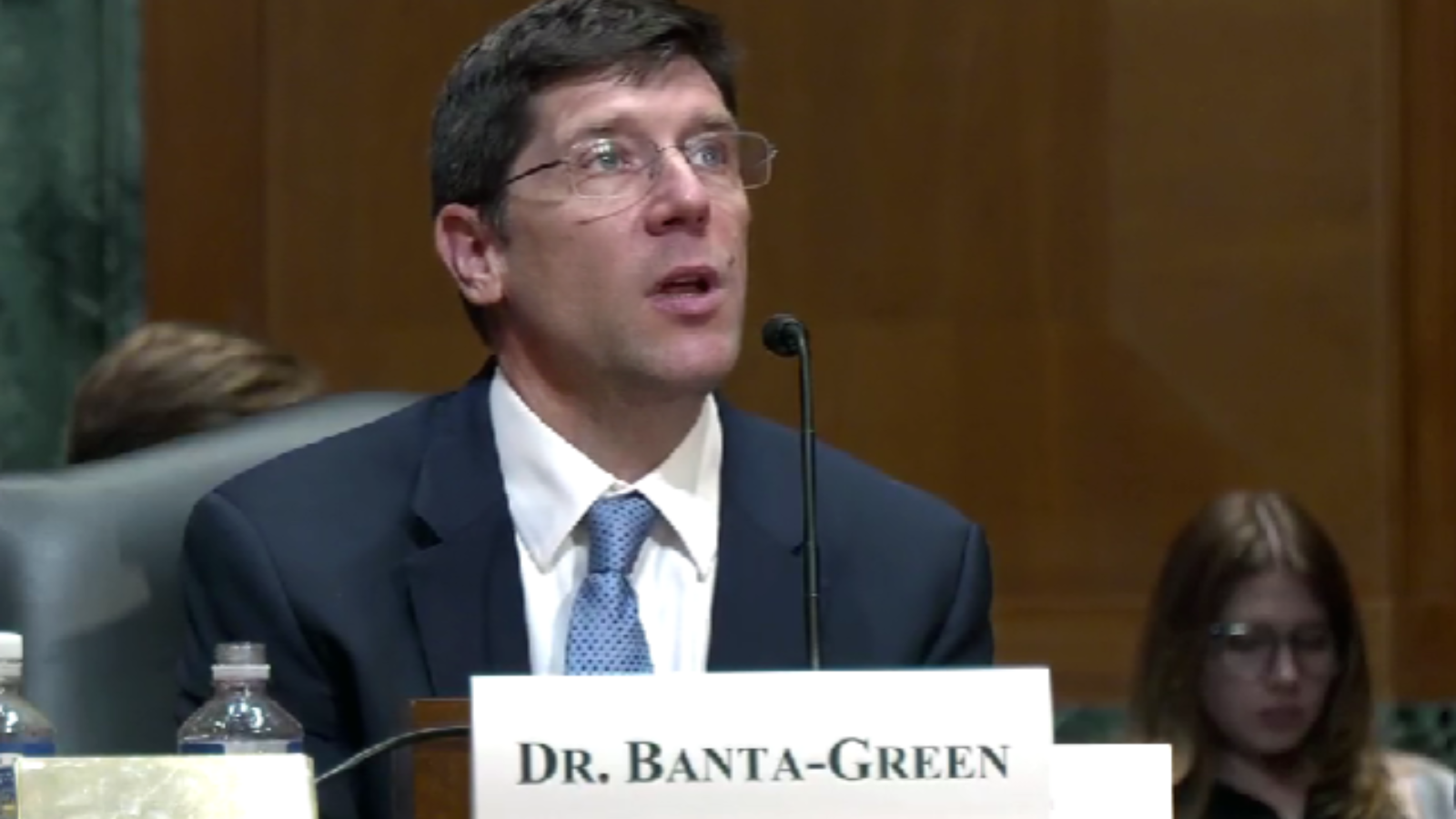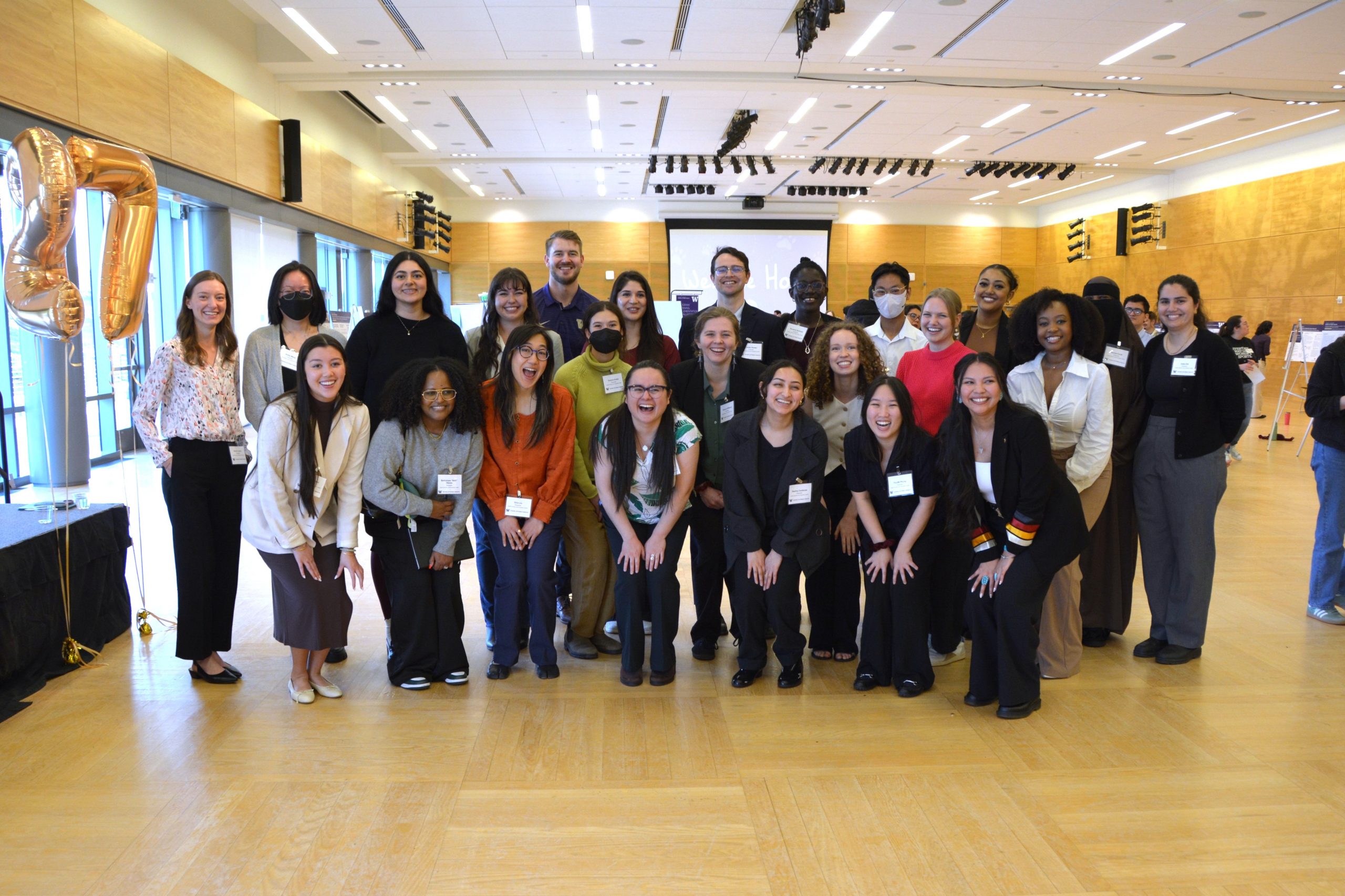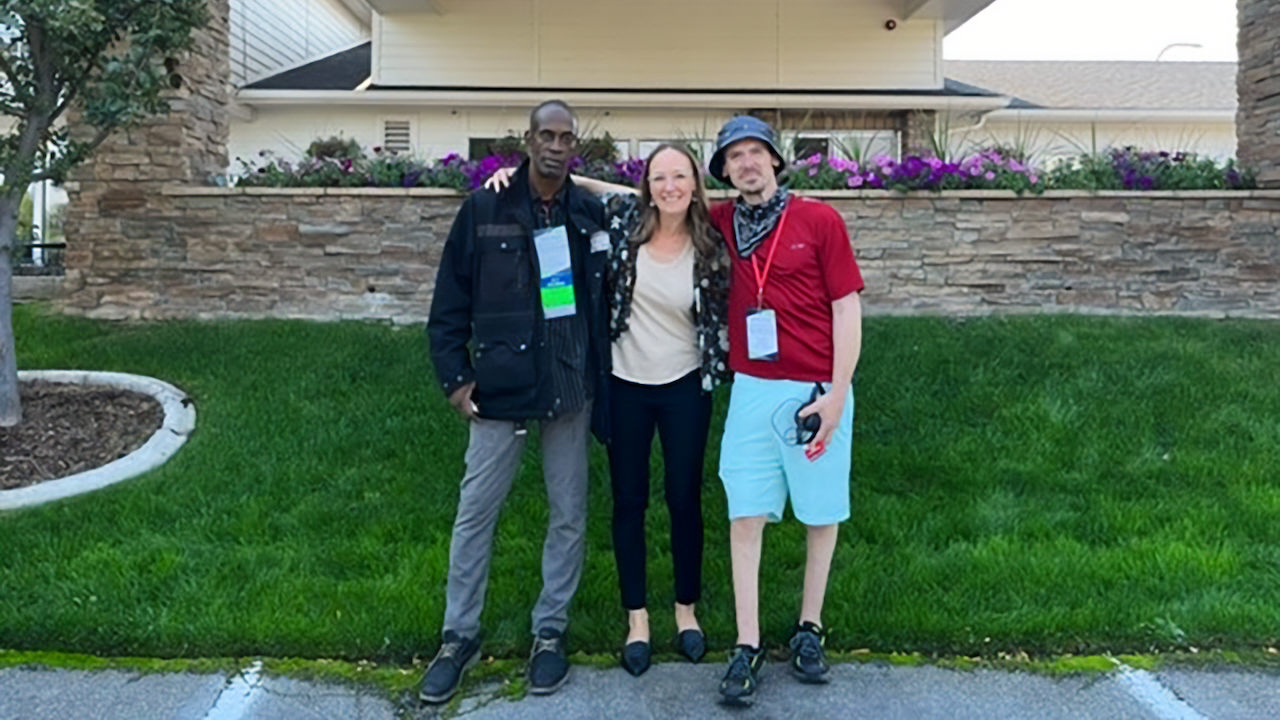-
Daniel-Ulloa honored for lifelong learning excellence, rooted in student-centered teaching
-
MPH student publishes study examining gun culture and “the armed home”

HSPop MPH student ThuyMi Phung recently published a mixed-methods article in the Journal of Integrated Social Sciences examining the legitimization of gun use in the home, mixing quantitative and qualitative methods. “My findings suggest that maybe people view gun violence and the threat of firearms outside of the home to be great, and they counteract…
-
HSPop at the MPH Practicum Symposium
-
UW researchers receive grant to streamline, improve addiction care in Zimbabwe

Facing a substance use disorder epidemic, Zimbabwe’s health care system is struggling to provide care to patients. UW researchers describe their Population Health Initiative-funded study aiming to help change that by implementing a quicker, simpler screening tool to identify those in need of addiction treatment.
-
Banta-Green advocates for Health Engagement Hubs

Caleb Banta-Green, professor at HSPop and Director of the Center for Community-Engaged Drug Education, Epidemiology & Research, co-developed Health Engagement Hubs to combat the opioid crisis. Banta-Green’s decades-long research shows significant reductions in opioid use and mortality leading to his advocating for a national implementation of the model.







